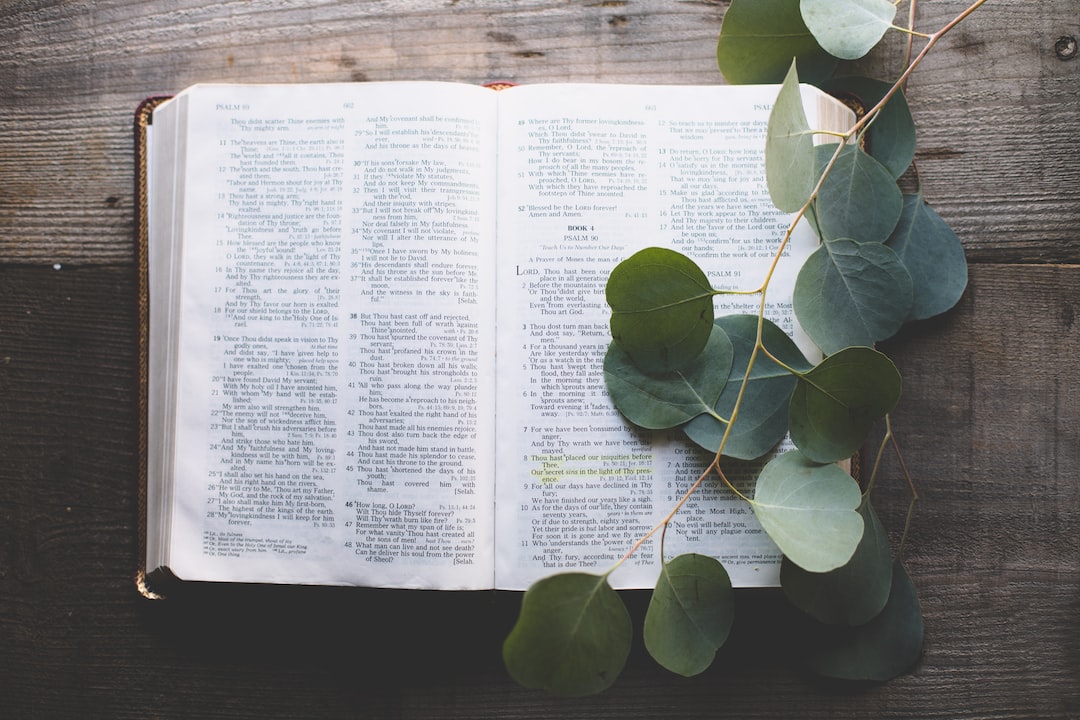Rituals and ceremonies are an integral part of religious practice throughout the world. Regardless of the faith, these actions hold great significance and serve various purposes within each religious tradition. They are deeply rooted in historical, cultural, and spiritual contexts, allowing individuals to connect with the divine and their community.
In Christianity, for instance, the sacraments play a fundamental role in worship. Baptism, the Eucharist (also known as Holy Communion), and Confirmation are examples of rituals that not only symbolize the believer’s faith but also mark important milestones in their spiritual journey. These ceremonies create a sense of belonging to the Christian community and foster a closer relationship with God.
Similarly, in Islam, prayer is central to the daily lives of Muslims. Ritual purity, achieved through ablution, is a prerequisite for prayer. The act of washing serves as a physical and spiritual purification, allowing Muslims to approach God with a clean heart and mind. Each prayer performed five times a day is not just a routine but a means of connecting with Allah, expressing gratitude, and seeking guidance.
Moving to Hinduism, a religion characterized by its rich tapestry of rituals, ceremonies hold immense significance. From birth to death, every milestone is marked by a range of ceremonies. For instance, the “Namkaran” ceremony is conducted after a child’s birth, where the infant is given a name within a few weeks. This practice celebrates the arrival of a new soul into the family’s lineage and invokes blessings upon them. Similarly, the “Antyesti” or funeral ceremony honors the departure of a soul from the physical realm, guiding them towards their next journey.
In Buddhism, rituals vary across different traditions. However, one common practice is the act of meditation. Meticulous attention to posture, breathing, and focusing the mind allows Buddhists to gain insight, cultivate mindfulness, and develop compassion. These practices are not only integral to the religious path but also serve as tools for self-transformation and spiritual enlightenment.
It is important to recognize that rituals and ceremonies transcend organized religions and are also inherent in indigenous traditions. For example, Native American spirituality emphasizes rituals that connect individuals with nature, their ancestors, and the spirits of the land. Sweat lodges, vision quests, and sun dances are some examples of ceremonies designed to honor the earth and bring harmony to the community.
The purpose of rituals and ceremonies within religions is multifold. Firstly, they provide a sense of identity and belonging. By participating in these practices, individuals reaffirm their faith, connect with their community, and strengthen their bond with the divine. Secondly, rituals and ceremonies serve as a means of communication with the divine. They offer an opportunity to pray, give thanks, seek forgiveness, and express devotion. Through these acts, believers establish a deeper connection with the divine and experience spiritual growth.
Furthermore, rituals and ceremonies offer a sense of structure and order within religious communities. They provide a framework for worship, guide believers on the path of righteousness, and give meaning to various life events. Additionally, these practices help instill discipline, foster moral values, and promote a sense of mindfulness and gratitude.
In conclusion, rituals and ceremonies are a vital part of religious traditions worldwide. They are not just symbolic gestures but profound acts of worship that connect individuals with the divine and their community. Whether through sacraments, prayer, meditation, or indigenous ceremonies, these practices serve the purpose of identity, communication, structure, and personal growth. Regardless of the religion, the power of rituals and ceremonies lies in their ability to evoke a profound sense of spirituality and foster a deeper understanding of our place in the world.

